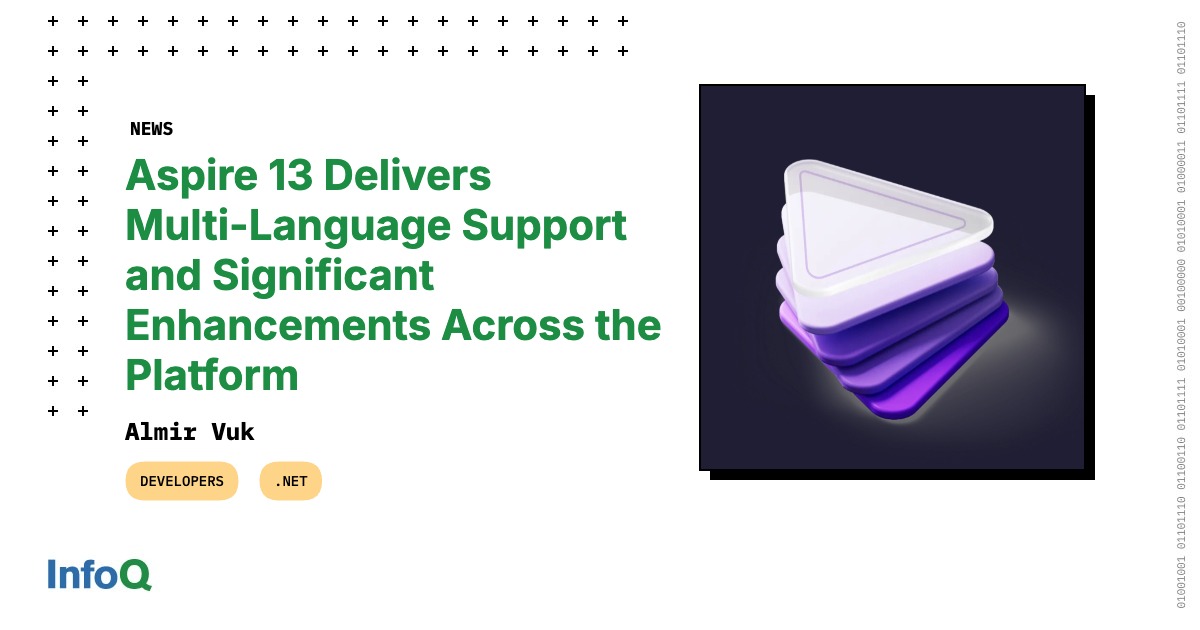Even in the final years of his life, Microsoft co-founder Paul Allen was as excited as ever about what the future would bring for science, technology, and the world — telling GeekWire in a 2017 interview, “It really is a golden age of what’s possible.”
Allen’s optimism — and the impact of his wealth — will live on in a new nonprofit foundation charged with making bold bets on the future.
With an initial $3.1 billion endowment from the late Microsoft co-founder’s estate, the new Fund for Science and Technology will deploy at least $500 million over the next four years to accelerate progress in bioscience, the environment, and AI for good — starting with $15 million in grants to Seattle research institutions.
“Our primary role is to ask big questions and have a big impact,” said Dr. Lynda Stuart, the CEO of the Seattle-based foundation, a physician-scientist with extensive experience in immunology and global health, in an interview with GeekWire.
The mission isn’t an interpretation of Allen’s wishes — it’s a direct implementation. Allen personally directed the foundation’s formation and focus areas before his 2018 death from complications of non-Hodgkin’s lymphoma.

From his early software work with Bill Gates to far-flung investments in tech and science, Allen was known as the “Idea Man.” Years later, the fact that bioscience, AI and the environment are not only still relevant but among the most important areas for research speaks to Allen’s “magical ability to see into the future,” Stuart said.
A representative of Allen’s estate confirmed that Allen himself also named the foundation’s board in his plans. It’s chaired by Allen’s sister, Jody Allen, and includes several others who knew and worked closely with Paul Allen in various capacities.
- Former Microsoft CEO Steve Ballmer, whose friendship with Allen was cemented in their post-Microsoft years over their involvement in the NBA.
- Allan Jones, former Allen Institute CEO, who worked directly with Allen to build the influential bioscience research organization.
- Dr. Thomas Daniel, Allen Institute board member and outgoing CEO of the Washington Research Foundation.
- Nancy Peretsman, a longtime investment advisor and managing director at investment bank Allen & Co. who counseled Allen on major investments.
“With this new foundation, we’re bringing Paul’s philanthropic vision to bear,” said Jody Allen, in a news release announcing the milestone.
The creation of the foundation, known informally FFST, is also a major step toward answering the longstanding question of what would happen to the wealth that Allen amassed starting with Microsoft’s 1986 stock market debut.
While the separate Allen Family Philanthropies will continue to support a wide range of community and arts initiatives — such as its recent $10 million grant to 930 arts and culture organizations across Washington state — FFST is structured to handle large-scale funding for high-impact science and technology projects.
The foundation is emerging from the extended process of selling many of Allen’s far-flung assets — luxury properties, yachts, museums, art, vintage computers, and more — and focusing the proceeds on his long-term philanthropic priorities. The process of estate administration is still under way, and it’s expected to continue for years to come given the size and complexity of what Allen left behind.
FFST’s endowment could grow substantially in future years with the expected sale of the Portland Trail Blazers NBA franchise and eventually the Seahawks NFL team. The Allen estate recently reached a deal to sell the Blazers to the owner of the Carolina Hurricanes NHL team for a reported price of more than $4 billion.
All proceeds from the sale of the teams will go to philanthropic causes, as Allen directed, confirmed Jason Hunke, a spokesperson for the Paul G. Allen Estate. Hunke declined to say whether FFST would get the bulk of the proceeds, explaining that details of the broader plan will be “revealed at the appropriate time” in the future.
In the meantime, FFST already ranks among the top U.S. philanthropies, particularly in science and technology, in the realm of others such as the Simons Foundation ($3.5 billion), and the Alfred P. Sloan Foundation ($1.9 billion).
Stuart, the FFST CEO, was previously executive director of the Institute for Protein Design at the University of Washington School of Medicine, and before that worked for the Gates Foundation, where she served as deputy director for vaccines and biologics.
She contrasted FFST’s approach with the Gates Foundation (the world’s largest philanthropy, with an endowment of $77 billion) by explaining that FFST is more of a “discovery organization” focused on frontier science, while the Gates Foundation does a significant amount of later-stage work focused on delivery into the field.
FFST is starting with a team of six people, based in the building just south of downtown Seattle that houses the Vale Group, the new name for what was previously known as Allen’s Vulcan holding company.
In addition to providing major funding for the UW’s Allen School of Computer Science & Engineering, Paul Allen’s legacy includes starting the bioscience-focused Allen Institute and the separate Allen Institute for AI (Ai2), both of which the Allen estate funds.
Allen estate spokesperson Hunke did not answer the question of whether FFST will eventually take over funding for the Allen Institute and AI2 as part of its bioscience and AI mandates, saying that the new foundation’s “funding priorities will be driven by its strategy, which will be revealed over time.”
While FFST will eventually fund projects nationally and internationally, its inaugural grants are strategic investments in Allen’s hometown.
Stuart explained that the initial $15 million investment in Seattle’s “centers of excellence” is designed in part to encourage more scientific collaboration, “to further strengthen the region as a powerhouse” in the areas where FFST is focusing.
Initial grant recipients include:
- Benaroya Research Institute (BRI): Funding its massive biorepository of human samples and the data experts who study it, helping to figure out how the human immune system works, faster and more accurately.
- University of Washington, College of the Environment: To help tackle climate change by using real-world observations and computer models to predict future environmental shifts and find new solutions.
- Fred Hutchinson Cancer Center: To better understand how the immune system can fight cancer and autoimmune diseases, and to create new, safer treatments that use the body’s own cells.
- Seattle Children’s: To keep early-stage clinical trials going for kids with cancer and autoimmune diseases, and to develop new cell-based treatments that are safer, cheaper, and ready to go when a child needs them.
The new foundation is launching at a time when many scientific organizations are feeling the strain of a challenging federal funding landscape, a backdrop that some of its inaugural grantees see as critical context for FFST’s arrival.
The grant to the Benaroya Research Institute supports BRI’s biorepository, a library of over 350,000 biological samples collected from 15,000 people over two decades, which allows scientists to rapidly test new ideas about the immune system.
Dr. Jane Buckner, BRI president, explained that this type of core infrastructure is vital for many projects but difficult to support through traditional, project-specific grants. In an unstable funding environment, long-term investments like the biorepository are often the first things to be cut, even though their value increases over time.
It’s a “unique vision that they’ve brought to the table,” Buckner said of FFST’s efforts to fund resources that will help the broader bioscience community.
The grant to Seattle Children’s will ensure continued funding for research and development of off-the-shelf cell therapies — treatments that can be made in advance and given to any patient without the need for custom, single-patient manufacturing.
Dr. Colleen Delaney, VP and chief medical officer at Seattle Children’s Therapeutics, said the funding will help keep trials moving forward. She described it as critical at a time when federal support for scientific research has been under attack.
For the broader community, she said, FFST’s funding represents “a unique opportunity to bring us together and to reimagine how quickly we get things done.”
While the launch comes at a time of broader funding uncertainty across the scientific community, Stuart clarified that FFST doesn’t see its primary role as providing a stopgap for cuts by the federal government. The new foundation will instead be driven by its larger goals, and Allen’s vision of making a significant impact in science and technology.
“It’s really important for people to continue to be able to dream and to imagine a different future,” Stuart said.












